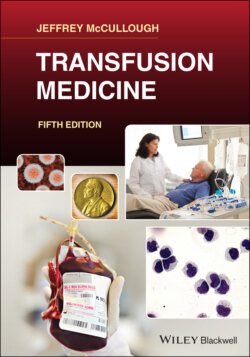Читать книгу Transfusion Medicine - Jeffrey McCullough - Страница 64
3.2 Motivation of whole blood donors Psychosocial theories applicable to blood donation
ОглавлениеPiliavin and Callero [4] discuss five psychosocial theories that might apply to blood donor motivation: (a) Becker’s model of commitment, (b) the opponent process theory, (c) the attribution/self‐perception framework, (d) the identity theory, and (e) the theory of reasoned action. These can be described briefly as summarized from Piliavin and Callero [4].
In Becker’s theory of commitment, the action or decision is based on background factors or preconceptions. These factors influence whether the person takes the initial action and then the person is subsequently influenced by the first few experiences. In the opponent process theory, the stronger the negative feelings before the action, the stronger are the positive feelings after successfully completing the action. Thus, despite initial fears or negative feelings, a good experience with donation could lead to a strongly positive attitude about continued donation. This theory attempts to account for the continuation of activities that were initially associated with negative feelings. The attribution theory postulates that if an individual believes that there is an external reason for the action, the action is attributed to that external force. In the identity theory, the sense of self is developed from the variety of social roles in which the individual engages. In the theory of reasoned action, the critical factor leading to an act is the development of an intention to carry out the act.
